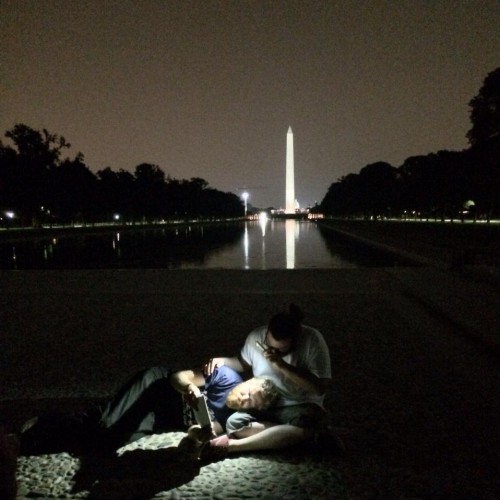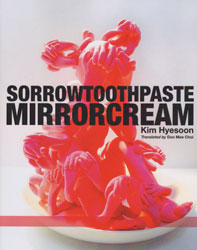 |
Sorrowtoothpaste Mirrorcream
by Kim Hyesoon, translated by Don Mee Choi
Action Books, 2014
106 pages / $12.00 buy from Action Books or Amazon
|
1. I requested a review copy of this book because I loved Don Mee Choi’s previous translation of Kim Hyesoon’s All the Garbage of the World Unite.
2. I loved it so much that I would read one of her poems at my own poetry readings (not as my own of course, but yeah I wish I’d written them).
3. Secretly, I want to brush my teeth with sorrowtoothpaste. Doesn’t seem like it’d be overly minty. And if I used mirrorcream, I’d wonder if I’d see myself as others see me.
4. The first great phrase in this book is “clammed up like a cavity-ridden piano.” We are introduced to to characters, Melan and Choly. They are my friends too.
5. I feel these poems the way I feel seaweed in my teeth: uncomfortable but familiar.
6. The poem, “Glasses Say” might be some re-imagining of Adrienne Rich’s “Diving into the wreck.” I said might:
“…A vacant place. Only fan shells, a hook, an oxygen tube, a pair of goggles.
And a lady behind the goggles.
I shave a large piece of ice to make lenses.
I put the lenses in my mouth.
It’s raining in the sea.”
7. Umbrellas, ocean, water, ice. Nipples, milk, clouds, spit.
8. As I read, I’m not sure if what I’m seeing is what I’m really seeing, or if what I’m feeling is really feeling what I’m feeling. The sadness doesn’t overwhelm me. It sits in my chest like an orb, just sort of just glowing. I remember what this feels like. I have been this sad. I don’t think my sad was this beautiful.
9. “…I’m filled with all the screams of the world / that there is nothing else but that…”

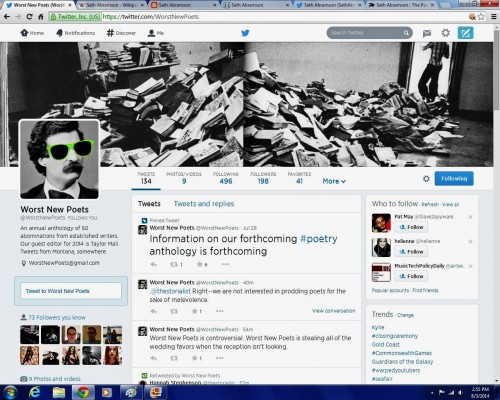
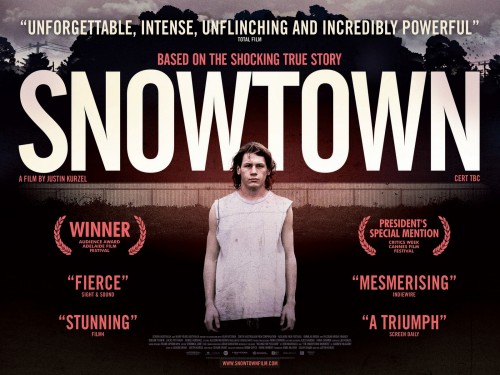
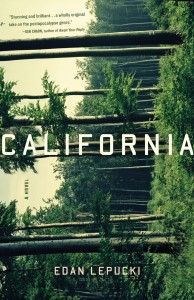 California
California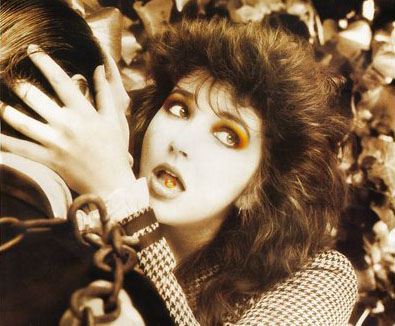

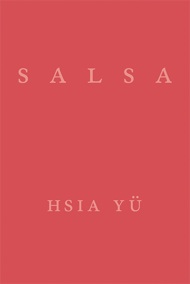 Salsa
Salsa
